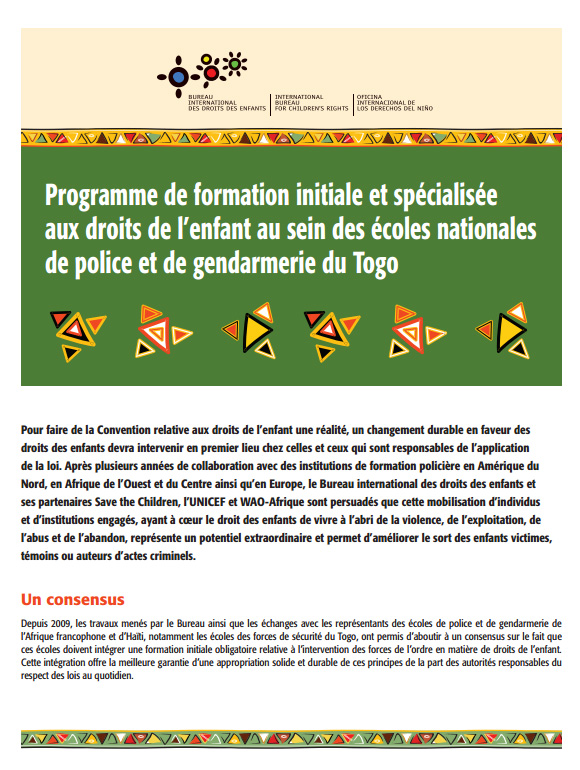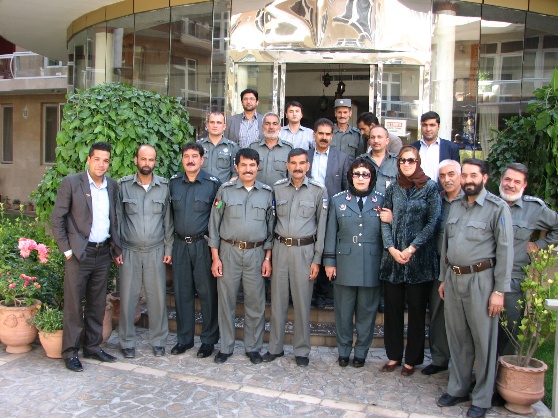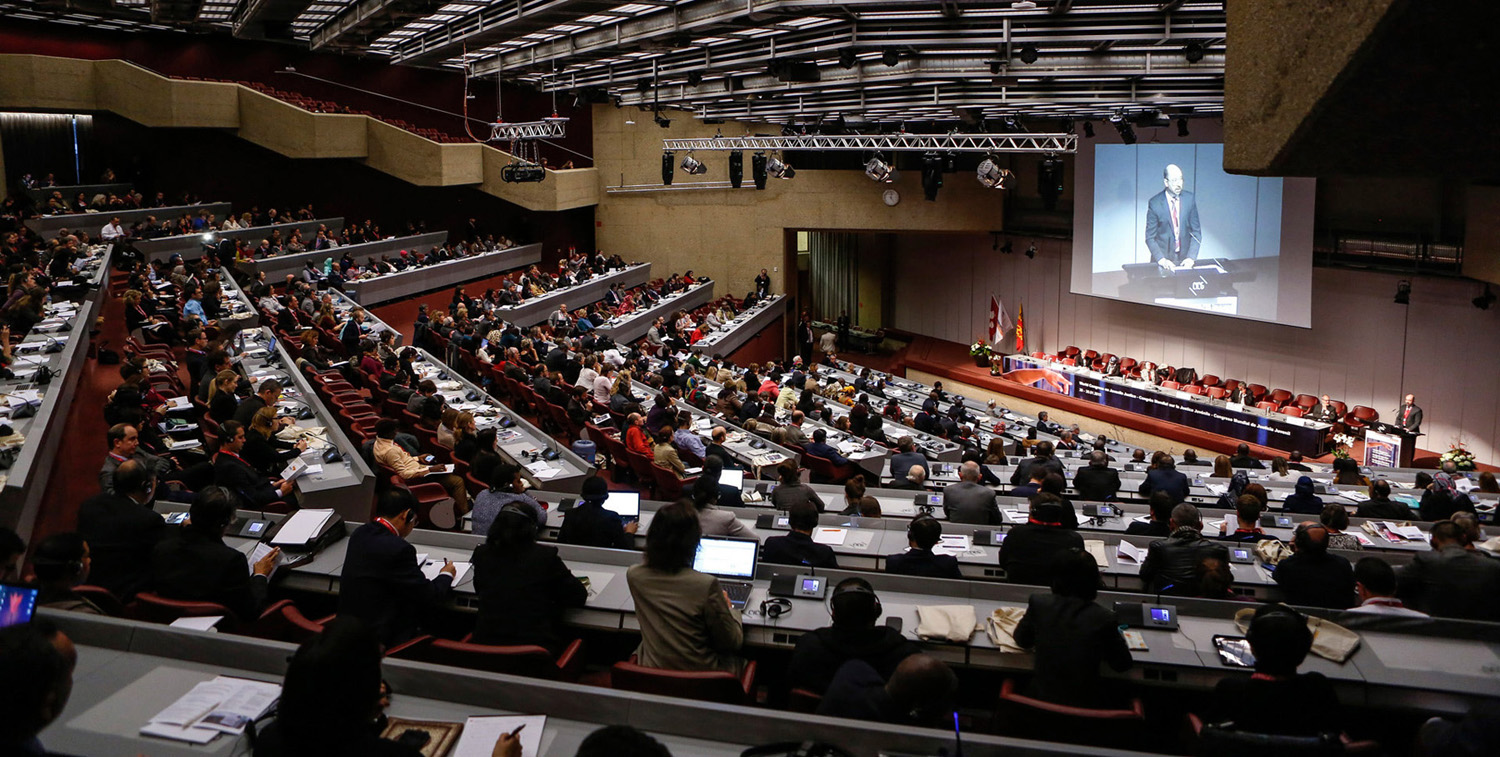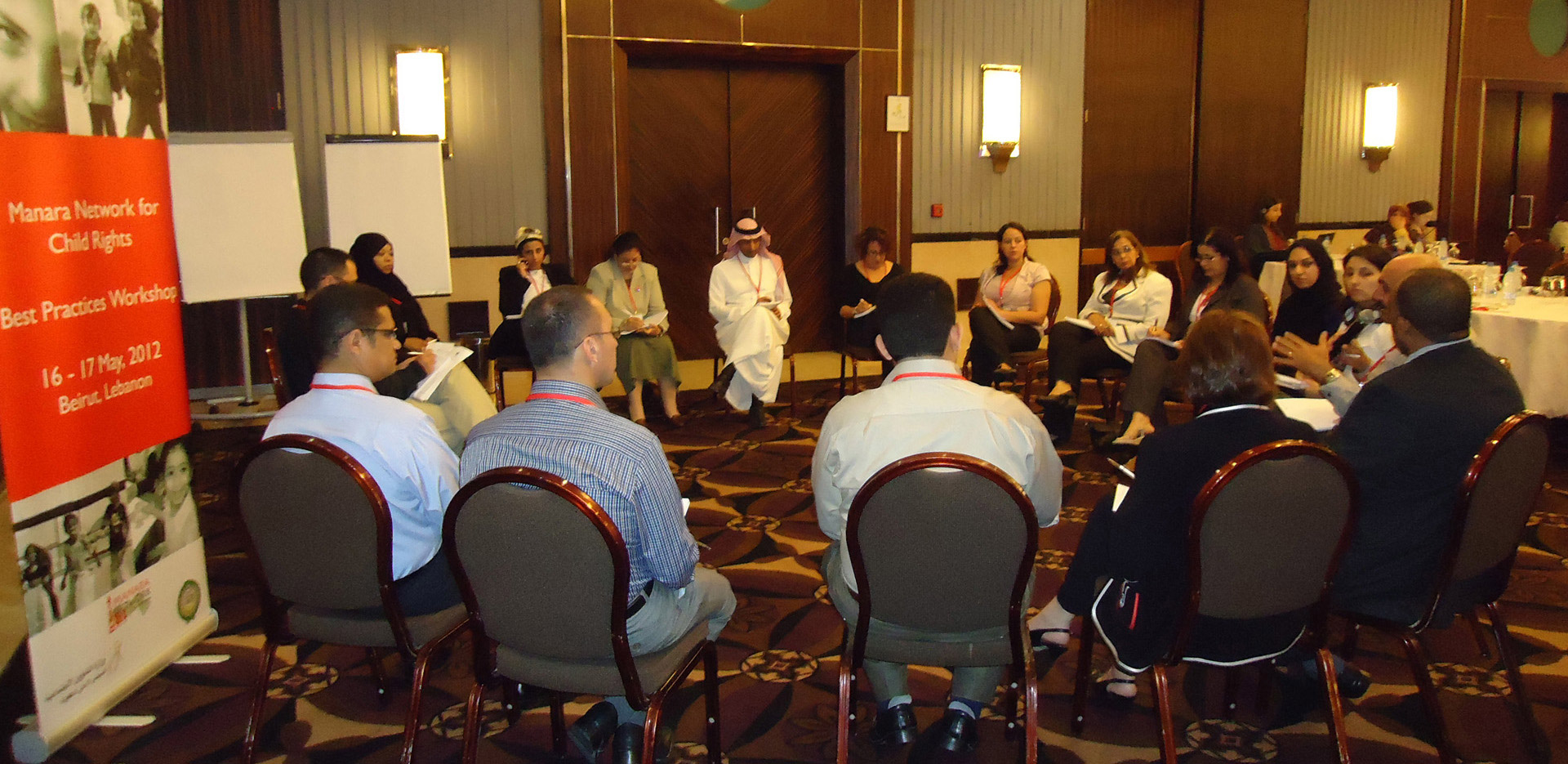Training for Peacekeeping Forces and Child Protection Officers in Togo
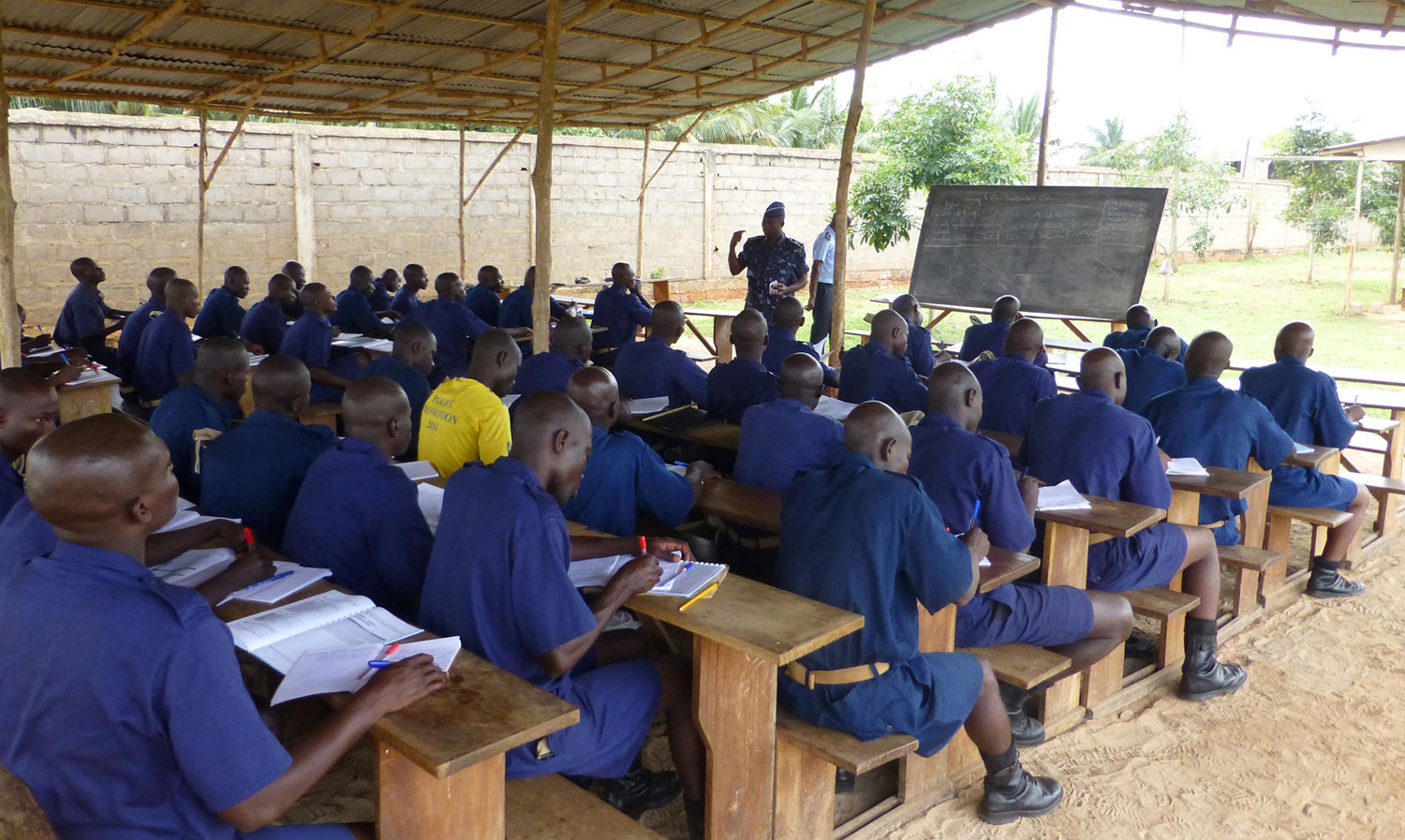
Observing security forces training
As the future of humanity, children are a target that we need to rally around and protect.
Mikael Kpandi Djobo, General Manager of Togo’s National Policy Academy
Project Duration : 2012 - 2016
Since 2009, Togo has been involved in a pan-African initiative to train security forces on the protection of children’s rights. During a 2011 regional workshop held in Niamey, the Togolese delegation began developing its own action plan, and the following year they introduced a project to reinforce Togo’s child protection system, backed by support from the IBCR, WAO-Africa and the Government of Togo, and by financial assistance from UNICEF and Save the Children.
Goals :
With this project, the IBCR and its partners wanted to:
- Permanently integrate mandatory training modules on children’s rights into educational programmes for Togolese police officers and constables, social workers and judges
- Provide capacity-building opportunities for instructors working in justice, social work and security force educational facilities, and certify them to teach new courses and share knowledge on implementing child-friendly practices in Togo
In 2012, some 200 documents were reviewed to produce a status report on Togolese police and gendarmerie training on children’s rights. IBCR representatives met with approximately 50 stakeholders working in the field of juvenile rights protection, as well as 28 children aged 8 to 18, whose input proved invaluable for the report. This initial assessment was updated in 2015 to determine the actions and training needs of social workers and justice staff within the juvenile justice system.
Once the research work was complete, the IBCR developed several basic and specialised training kits for new recruits, specialised officers and focal points within the Togolese police and gendarmerie forces. Then, the IBCR, in cooperation with UNICEF and WAO-Africa, oversaw the first courses given by newly trained staff. Institutional support was also provided with a view to integrating these courses into national programmes.
In 2015, the Programme québécois de développement international (Québec Programme for International Development), developed by the Québec Ministry of International Relations, provided support during the fourth phase of the project, which was implemented by UNICEF Togo. Thanks to this support, the project was expanded to include social and justice workers. Development workshops were also held to develop and validate training kits for magistrates. 2016 activities included creating training toolkits for social workers and offering capacity building to national partners and WAO-Africa, whose focus was specifically on adult learning techniques. In summer of the same year, a train-the-trainer session was offered to the Department of Social Action and National Solidarity.
- Intervention locations : Togo
- Project duration: 2012 - 2016
- Partners :
- National Gendarmerie and Police Forces of Togo, Central Directorate of the Judicial Police, National Police and Constable Schools, National Human Rights Commission, Department of Human Rights, Consolidation of Democracy and Civic Education, Department of Justice, Department of Social Action and National Solidarity, General Directorate of Child Protection, Department of Territorial Administration, Decentralisation and Local Communities, Groupe de réflexion et d’action Femme, Démocratie et Développement (Focus and Action Group on Women, Democracy and Development), International Catholic Child Bureau – Togo, Terre des hommes, UNICEF Togo, Save the Children and Programme québécois de développement international.
- Highlights:
- More than 200 documents were reviewed and analysed
- 9 field missions were carried out by the IBCR between 2012 and 2016
- 8 pilot course sessions
- 157 members of the security force received training on children’s rights
- Fields of activity and expertise :
- Capacity building
- Applied research
- Tools, reference manuals and standards
- Training leadership
- Children and the justice system






